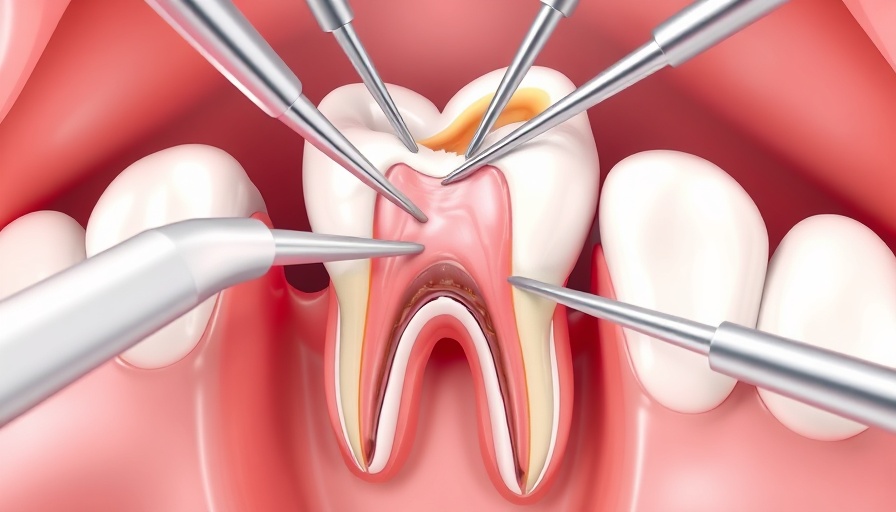
The Importance of Understanding Chipped Teeth
Chipped teeth can be more than just an aesthetic concern; they can signal underlying issues that may jeopardize your overall dental health. While it’s not uncommon to experience a chip, knowing when to seek treatment is crucial. As we delve into the causes and potential treatments, it’s essential to remember that neglecting a chipped tooth can lead to further complications and even more invasive procedures down the road.
What Causes Chipped Teeth?
Chipping a tooth can happen for several reasons, and understanding these can help you prevent future damage. Common causes include:
- Biting Hard Objects: Chewing on hard substances like ice or hard candy can easily crack or chip your teeth.
- Accidental Trauma: Falls or sports accidents can lead to unexpected fractures.
- Teeth Grinding (Bruxism): Constant grinding creates excessive pressure that weakens the enamel.
- Tooth Decay: Weakens the structure of your teeth, making them more prone to chips.
- Age-Related Wear: Over time, teeth naturally lose their strength, increasing susceptibility to damage.
When is a Root Canal Necessary?
Determining whether a root canal is required due to a chipped tooth hinges on the severity of the damage. If the chip exposes or infects the pulp inside your tooth, it becomes vital to seek treatment. Key signs that indicate a root canal may be necessary include:
- Persistent Toothache: Ongoing pain isn't just uncomfortable; it often indicates deeper issues.
- Sensitivity to Temperature: Experiencing pain when exposed to hot or cold substances can signify nerve involvement.
- Swollen Gums: Tenderness or swelling around the affected area can indicate an infection.
- Pain During Chewing: Discomfort or pain when biting down suggests that the tooth might be compromised.
- Discoloration: Darkening of the tooth is a telltale sign of potential nerve damage.
Taking Action: What You Need to Know
If you observe any of these symptoms, don’t delay seeking care. Timeliness can save not just the tooth but also your overall dental health. Finding a dentist near you who understands your concerns is vital. With advancements in dentistry, many procedures, including root canal therapy, can be performed with minimal discomfort.
Beyond Root Canals: Alternative Treatments to Explore
While a root canal may be necessary for some chipped teeth, others might respond better to different treatments. For instance, dental bonding or a crown can seal a chipped tooth and restore its integrity, avoiding the need for more invasive procedures. It’s essential to discuss these options with your family dentist to find the best treatment tailored to your needs.
Preventing Future Chips: Tips for Dental Health
Prevention is always the best medicine. Here are a few strategies to help you protect your teeth:
- Avoid Hard Foods: If you're prone to chipping, try to steer clear of excessively hard candies and ice.
- Protect Your Teeth: If you grind your teeth, consider wearing a night guard to prevent damage.
- Regular Checkups: Regular dental visits can catch early signs of damage and decay before they escalate.
Don't Overlook a Chipped Tooth
A chipped tooth may seem mild, but it can lead to serious issues if overlooked. Contact your emergency dentist immediately if you experience any symptoms of discomfort. Being proactive about dental health can keep your smile, and the rest of your health, intact.
Ready to prioritize your dental health? Schedule a dental appointment online today to discuss your concerns and explore your treatment options!
 Add Row
Add Row  Add
Add 




 Add Row
Add Row  Add
Add 

Write A Comment